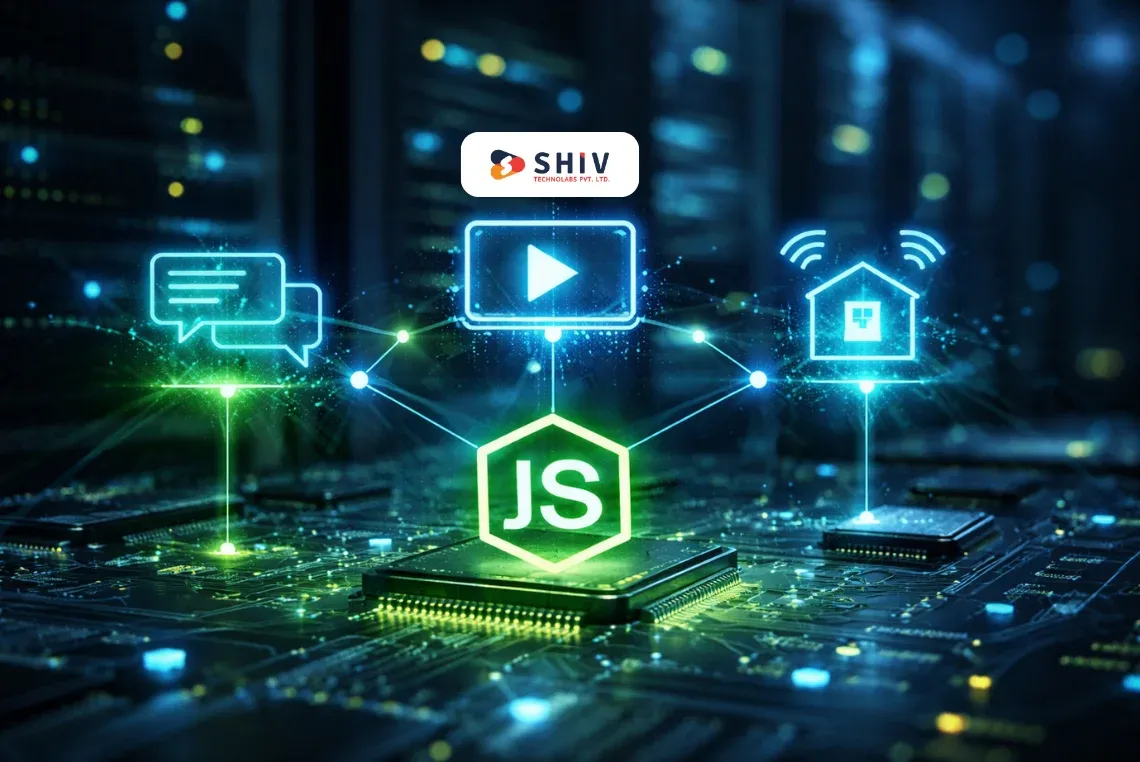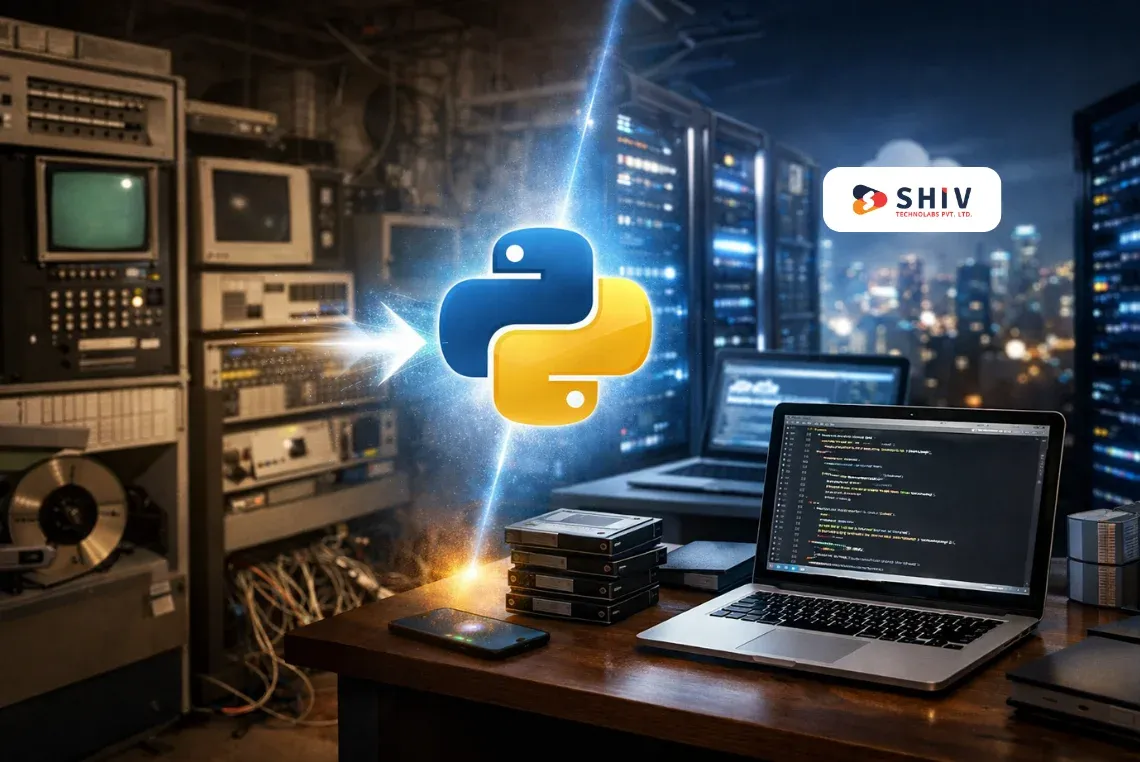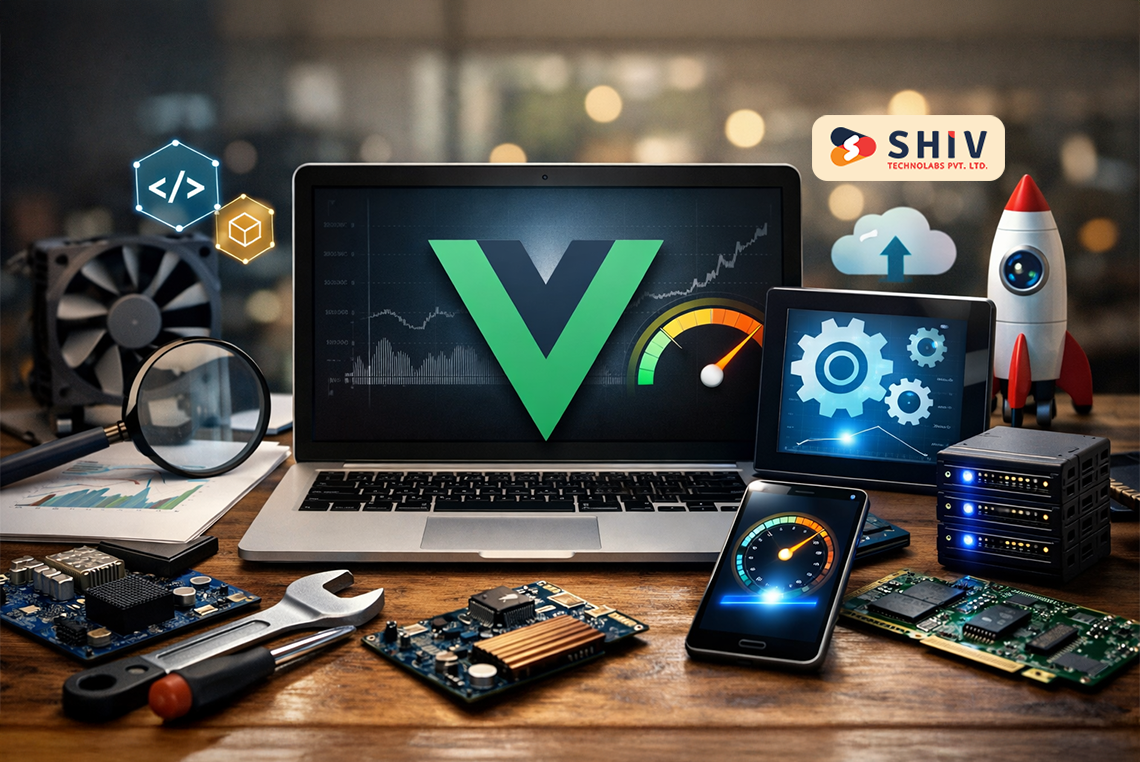Table of Contents
When you’re seeking a skilled Python developer, it’s essential to evaluate their capabilities across various levels and roles. Whether you’re hiring for a junior, mid-level, or senior position, identifying the right skill set can make all the difference in achieving your project goals. Here’s an in-depth look at what Python developers do at different stages of their career, the skills they must possess, and the roles they can fulfill.
What Does a Python Developer Do?

Python developers are responsible for writing, testing, and maintaining code for various applications. Their work involves using Python’s versatile libraries and frameworks to create programs ranging from web applications to complex data analytics tools. Depending on their role and the organization, Python developers may collaborate with other teams, manage databases, handle API integrations, or work on machine learning projects.
What Does a Junior Python Developer Do?

A junior Python developer is typically someone with 1-2 years of experience. They’re expected to contribute to smaller parts of a project under the supervision of more experienced developers. Their tasks may involve debugging, writing basic scripts, and making minor code improvements. At this stage, their primary focus is to build a strong foundation in Python, its frameworks, and libraries, while learning about best coding practices.
What Does a Mid-Level Python Developer Do?
Mid-level Python developers generally have 3-5 years of experience and are trusted with more complex tasks. Their responsibilities include designing and implementing features, working with databases, and handling integrations with external systems. They may also begin taking on leadership roles within teams, mentoring junior developers, and providing input on system architecture.
What Does a Senior-Level Python Developer Do?
Senior Python developers, with 5+ years of experience, are responsible for overseeing entire projects or teams. They are involved in high-level decision-making, designing system architecture, and implementing scalable solutions. Their role may also include optimizing performance, reviewing code, and collaborating with stakeholders to align development with business goals. Senior developers bring a wealth of knowledge in areas like machine learning, data engineering, and multi-process architectures.
# Python Developer Skills
Whether junior or senior, a Python developer must be equipped with a range of skills that allow them to contribute effectively to software projects. These skills extend beyond just knowing Python and cover a variety of technical aspects, including web development, data handling, and problem-solving.
Python Developer Roles and Responsibilities
Python developers work in diverse roles across the software development landscape, applying their skills to solve specific problems and build applications. Each role comes with its unique set of technical tasks, tools, and responsibilities. Below are some of the most common roles Python developers undertake, along with the technical requirements they typically meet.
# Software Engineer
Python software engineers are responsible for designing, developing, and maintaining various software systems. Their responsibilities include:
- Code Design and Implementation: They use object-oriented programming principles to design scalable and maintainable systems. This involves writing Python classes, methods, and modules to ensure reusable code.
- Unit Testing and Debugging: They regularly write unit tests using Python’s unittest or pytest frameworks to ensure the stability and reliability of the code. Debugging using tools like PyCharm or Visual Studio Code ensures the detection and correction of bugs during development.
- Version Control Systems: Software engineers typically use Git for version control, managing branches and merging code through platforms like GitHub or Bitbucket. They must have experience in resolving merge conflicts and maintaining code history.
- Code Reviews and Optimization: They engage in code reviews using platforms like GitHub to ensure code quality, optimize performance, and adhere to best practices. Profiling tools such as cProfile are used to identify performance bottlenecks, ensuring efficient code execution.
# Web Developer
Python developers working in web development roles usually build server-side applications using web frameworks like Django and Flask. The following technical tasks are typically part of their role:
- Frameworks: Web developers need to be proficient in Django or Flask to handle routing, templates, and ORM for database operations. Django, being a full-stack framework, provides more out-of-the-box functionality like the Django Admin and user authentication, while Flask offers more flexibility in design choices.
- RESTful API Development: Building RESTful APIs is a common task. Developers use Django Rest Framework (DRF) or Flask-RESTful to define API endpoints, ensuring proper data serialization and handling HTTP requests.
- Database Management: Web developers frequently interact with relational databases like PostgreSQL or MySQL using ORMs like Django’s ORM or SQLAlchemy. They handle migrations, create efficient queries, and optimize database performance.
- Front-End Integration: Although their primary focus is on back-end development, Python web developers often work with front-end teams to integrate HTML, CSS, and JavaScript into their web applications. Using tools like Jinja2 templating (in Flask) allows dynamic content rendering on web pages.
# Data Analyst
Python’s extensive data manipulation and visualization libraries make it a perfect language for data analysts. Their work involves handling large datasets and drawing insights from data. The technical tasks for data analysts include:
- Data Collection and Cleaning: Using libraries like Pandas, they collect and preprocess data by handling missing values, performing data type conversions, and transforming raw datasets into usable forms.
- Data Analysis and Visualization: Python developers analyze data using statistical techniques, often applying libraries such as NumPy for numerical analysis. Visualizing data trends through libraries like Matplotlib and Seaborn is a regular part of their responsibilities.
- Automation of Reports: Data analysts frequently automate data collection, processing, and report generation using scripts. Scheduling regular data pulls with tools like Apache Airflow or Celery is common for automating recurring tasks.
- Database Queries: They must have experience querying databases with raw SQL or ORMs like SQLAlchemy, retrieving the necessary data for analysis.
# Machine Learning Engineer
Python developers specializing in machine learning are responsible for creating algorithms that allow machines to make decisions or predictions based on data. Here’s a breakdown of their technical responsibilities:
- Model Building: Using libraries such as TensorFlow, Keras, or Scikit-learn, machine learning engineers develop and train predictive models. This involves data preprocessing, splitting datasets into training and testing sets, and tuning hyperparameters to improve model accuracy.
- Data Preprocessing: Before feeding data into models, engineers use Pandas and NumPy to clean and normalize the data, ensuring it’s in a form suitable for training models. Feature engineering is often performed to extract meaningful insights from raw data.
- Model Evaluation and Tuning: Python developers working with machine learning must be proficient in evaluating models using techniques like cross-validation and metrics such as accuracy, precision, recall, and F1 score. They apply grid search and random search for hyperparameter tuning to optimize model performance.
- Deployment of Models: Deploying models into production environments requires using frameworks like Flask or FastAPI to expose models as APIs. They may also use platforms like Docker to containerize their applications for easier scaling and management.
Additional Technical Responsibilities Across Roles
- Testing and Debugging: Across all these roles, developers are expected to test their code rigorously. Familiarity with testing libraries such as pytest or unittest is essential for automating testing processes and ensuring code reliability.
- Security Practices: Python developers must have a good understanding of security principles, especially in web development roles. This includes implementing CSRF tokens, securing API endpoints, and managing user authentication and authorization with tools like OAuth2.
8 Key Skills Python Developers Should Have
Now that we’ve covered the roles, let’s explore the 8 most vital skills that Python developers should possess to excel in their field:
1. Solid Knowledge of the Python Programming Language
A strong understanding of Python is non-negotiable. Developers need to know Python’s syntax, data types, and control structures, and be familiar with best practices in Python development. This includes proficiency in writing clean, efficient, and maintainable code. A good Python developer also understands how to use Python for scripting, automation, and building applications.
2. CSS, HTML, and JavaScript
Although Python is primarily a back-end language, knowledge of front-end technologies like CSS, HTML, and JavaScript is essential, especially for web development roles. Being able to bridge the gap between front-end and back-end ensures that developers can work effectively with web designers and front-end engineers to create seamless user experiences.
3. Understanding of Python Frameworks
Frameworks like Django, Flask, and Pyramid are crucial for developing web applications quickly and efficiently. A Python developer must be familiar with at least one of these frameworks and understand how to implement them in building scalable, secure web applications. Familiarity with microservices architecture, which Flask supports well, is also a plus.
4. Proficiency in Object Relational Mapper (ORM)
ORM tools allow developers to communicate with databases using Python code instead of SQL queries. A solid understanding of how to use ORMs like SQLAlchemy or Django ORM helps streamline database management tasks, making data retrieval and manipulation much easier and more intuitive for developers.
5. Familiarity with Python Libraries
One of Python’s strengths is its extensive ecosystem of libraries. Libraries like Requests for HTTP requests, Pandas for data manipulation, and Matplotlib for data visualization are just a few examples of the tools Python developers frequently use. A Python developer should know how to leverage these libraries to avoid reinventing the wheel and speed up the development process.
6. Machine Learning and AI
The demand for machine learning and AI solutions is growing rapidly, and Python is at the forefront of this revolution. A competent Python developer should have a basic understanding of machine learning libraries like TensorFlow, Keras, or Scikit-learn and be capable of implementing simple algorithms. Machine learning and AI knowledge is particularly valuable for roles in data science and automation.
7. Understanding of Multi-process Architecture
For applications that require high performance, Python developers need to understand multi-process architecture. This includes knowing how to manage threads and subprocesses to handle concurrent tasks efficiently. Mastering this skill ensures that the applications they build can handle heavy loads and deliver results quickly.
8. Version Control
Version control systems like Git are essential for collaborating on projects, keeping track of changes, and ensuring that development progresses smoothly without losing previous work. A Python developer must know how to use Git for version control, work with branches, and manage code reviews within a team. Familiarity with platforms like GitHub or GitLab is also highly recommended.
Hiring Python Developers Can Be Easy
Hiring skilled Python developers doesn’t have to be difficult, especially when you have access to expert resources like Shiv Technolabs. Our team is well-versed in the latest Python technologies and can assist with building scalable, efficient solutions tailored to your business needs.
At Shiv Technolabs, we take pride in being a trusted Python development company, delivering robust, high-quality Python applications for various industries. Whether you’re looking to hire a Python developer for web development, data science, or machine learning projects, we can provide you with the right talent to meet your goals.
By partnering with Shiv Technolabs, you can rest assured that your projects will be handled with expertise and professionalism. Hire a Python developer today and take your project to the next level with our exceptional Python development services.
Conclusion
Whether you’re hiring a junior or senior Python developer, it’s important to focus on their skill set, understanding of the language, and ability to handle different roles. The 8 key skills outlined above will help you identify the right candidates who can make significant contributions to your development team. With the right mix of Python expertise and additional technical knowledge, developers can help you build reliable, scalable, and high-performance applications.
If you’re looking for a reliable Python development company, Shiv Technolabs is here to assist you with hiring top-tier developers and bringing your projects to life.




















